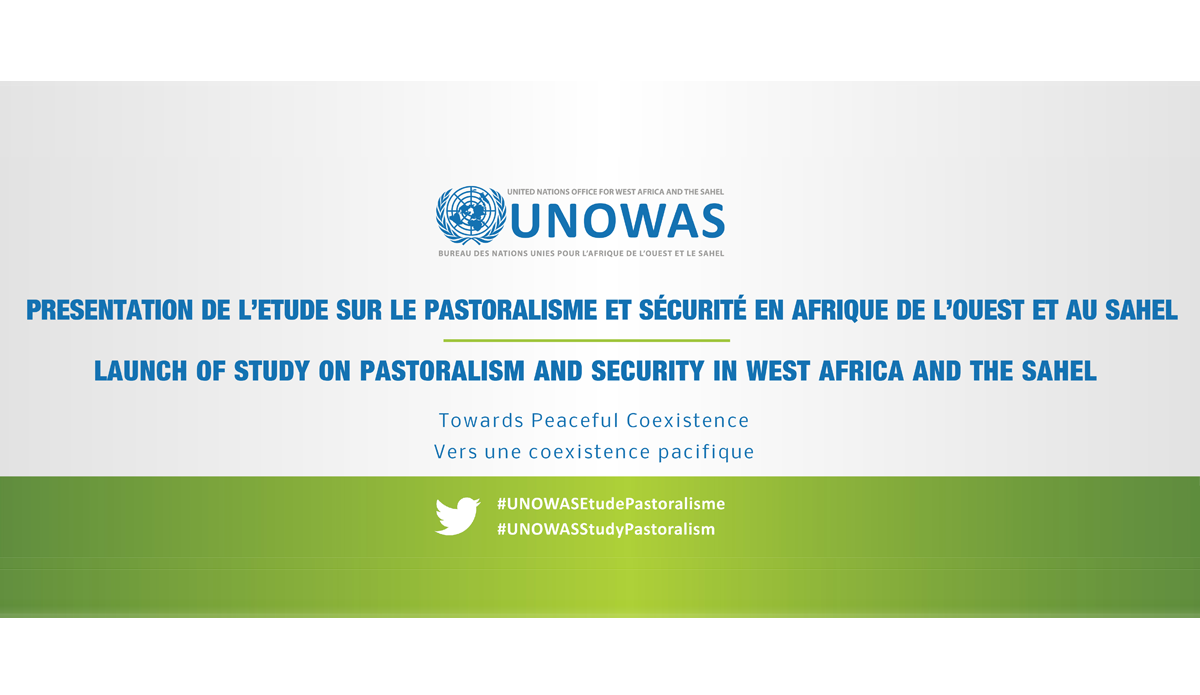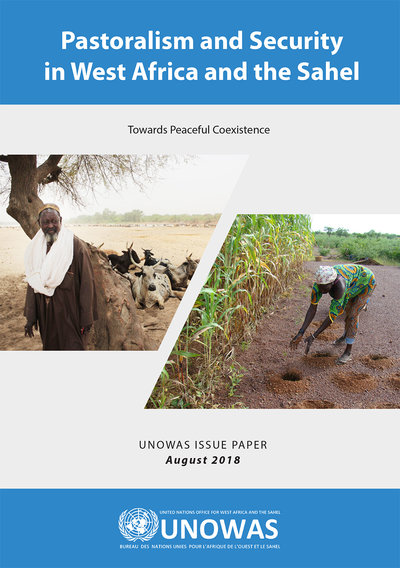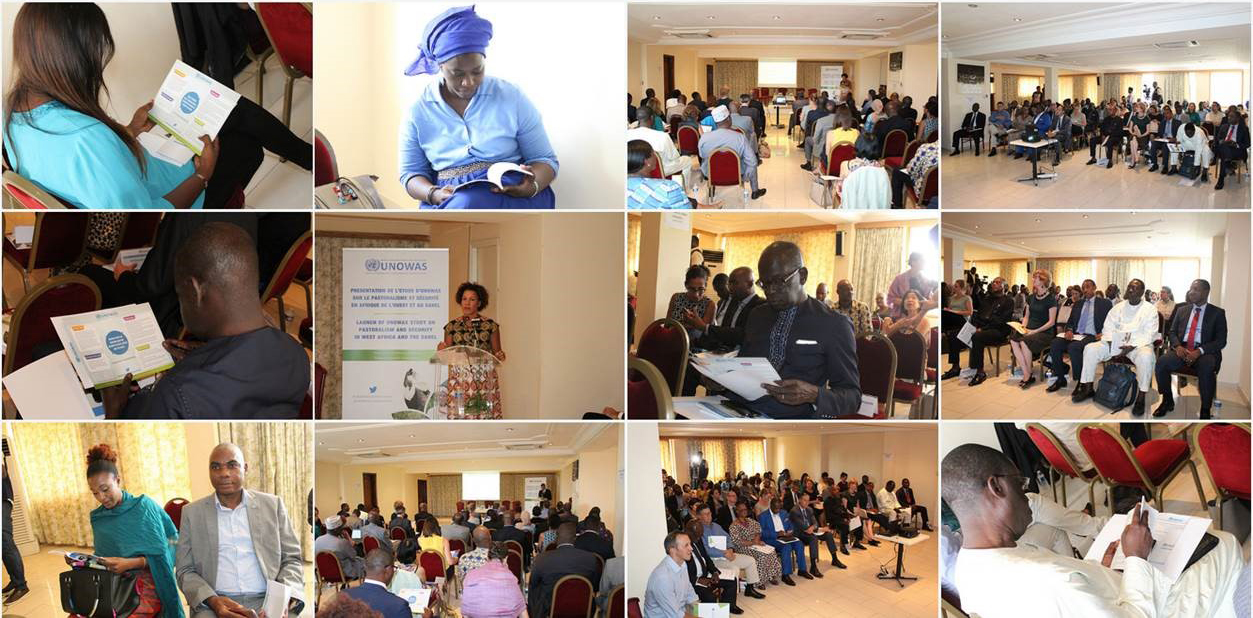Study of the United Nations Office for West Africa and the Sahel (UNOWAS)
Towards Peaceful Coexistence
Why this study?
- Recent years have witnessed an increase in violent conflicts involving pastoralists in parts of West Africa and the Sahel. They often take the form of clashes between herders and farmers, impacting human, national and regional security.
- Given its mandate and role in conflict prevention, the United Nations Office for West Africa and the Sahel, in collaboration with the Economic Community of West African States, initiated this study in 2017 to examine the causes and identify concrete solutions to conflicts related to pastoralism.
The purpose of this study
- The main objective of this study is to assess the causes and drivers of conflicts involving pastoralists and farmers in West Africa and the Sahel and to recommend effective prevention strategies that will enhance peace and security in the sub-region.
Methodology
- UNOWAS’ study on Pastoralism and Security in West Africa and the Sahel is based on field research in six countries: Burkina Faso, Guinea, Mali, Mauritania, Niger, Nigeria.
- These countries were selected as they form an interconnected transhumance belt across the region.
- They were also chosen for comparative purposes. Pastoralism is important in each of these countries, but the scale and dynamics of conflict involving pastoralists vary.
- There are variations in state policies towards pastoralists across these cases, and in local conflict prevention practices. One of the aims of the comparison is to identify examples of good practice and, conversely, to highlight factors that contribute to violent conflict.
- In each country, interviews were conducted with pastoralists, farmers, other members of communities, government and nongovernment officials, at both the local and national level.
Recommandations
- The study includes 20 concrete recommendations.
- The study highlights the need to prioritize sustainable and inclusive solutions at national and regional level for farmers and pastoralists.
- It identifies two main lines of response:
a) The need for urgent action to resolve conflicts in countries currently facing high levels of violence between herders and farmers.
b) The importance of investing in long-term efforts to prevent violence from taking root elsewhere in the region.
 UN
UN


